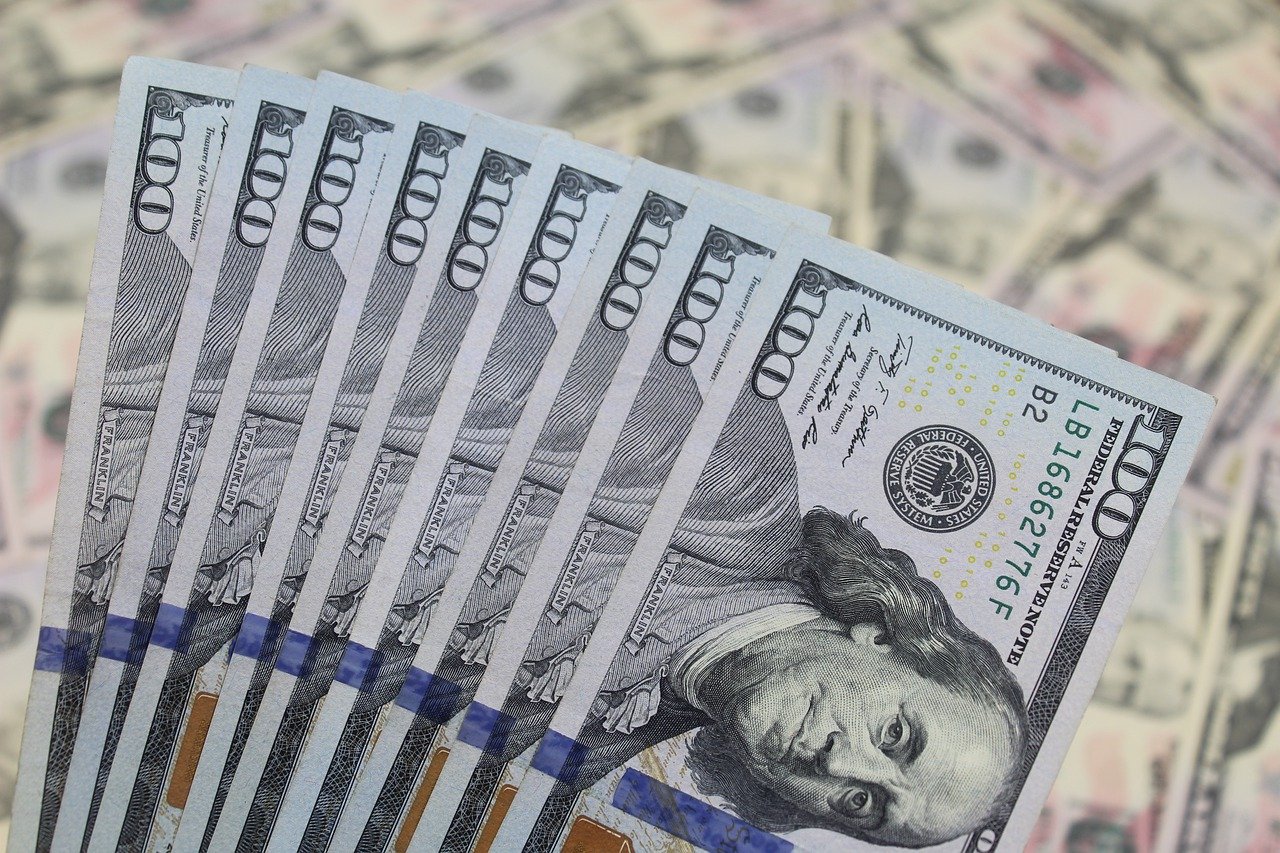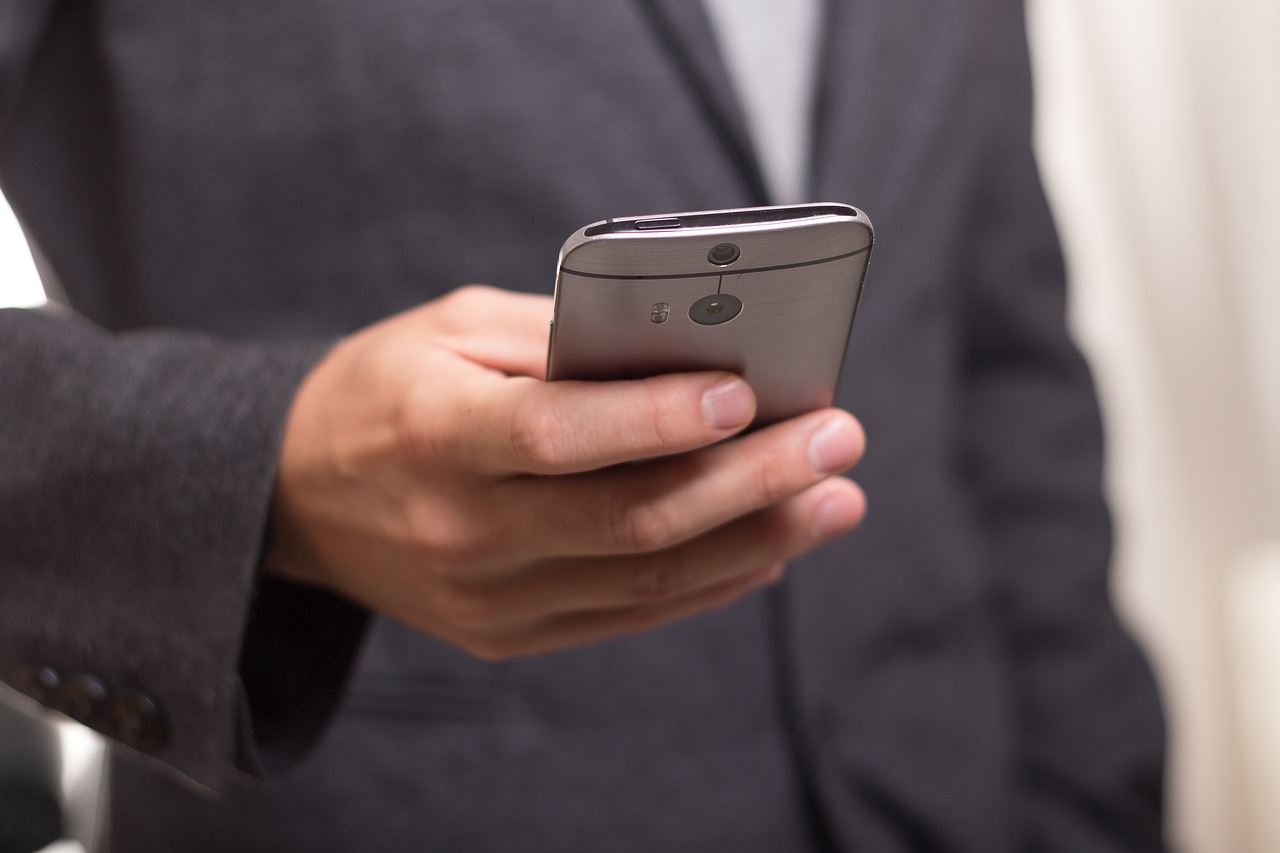How Much Cash Should You Keep at Home? Emergency Insights

Figuring out how much cash to keep at home is key to financial planning. It’s important to find a balance between having enough for emergencies and not keeping too much. It’s better to have a small amount of cash rather than a lot.
Understanding why you need cash helps you decide how much to keep at home. We’ll look at practical tips for keeping cash safe and easily accessible when you need it.
Key Takeaways
- Many unbanked individuals avoid banks due to a lack of trust, often opting for cash instead.
- Financial advisors recommend maintaining an emergency fund to cover several months of essential expenses.
- Keeping cash at home poses risks, such as theft or damage, with low chances of recovery if stolen.
- Experts suggest a balanced approach: retaining a small amount of cash at home for emergencies while utilizing savings accounts.
- Investing can provide greater financial growth opportunities compared to holding onto cash at home.
Understanding the Need for Cash at Home
Many people keep cash at home for good reasons. About 36% of those without bank accounts don’t trust banks. They want to be ready for emergencies and keep their finances private. So, having cash at home is key.
Reasons People Keep Cash at Home
There are several reasons for keeping cash at home:
- Emergency Preparedness: Having cash ready is crucial for unexpected events. Banks might not be open when you need them.
- Privacy Concerns: Keeping cash at home means your money stays private. You avoid being tracked by banks.
- Mistrust of Banks: About 23.93% of Americans think their homes are safer for their money than banks.
Emergency Preparedness
Experts say keeping cash at home is smart for emergencies. They suggest having $100 to $200 for quick needs. Others recommend $1,000 for bigger emergencies. This shows even a small amount can give you peace of mind. In summary, keeping cash at home is a smart move. It helps you be ready for emergencies and keeps your finances private.
How Much Cash Should You Keep at Home?
Figuring out how much cash to keep at home is important. Experts suggest different amounts based on your needs. Knowing how much cash you use daily helps balance your need for cash with saving goals.
Recommended Cash Amounts
It is ideal to keep about three to five days’ worth of cash for emergencies. This is around $1,000 to $2,000 which is enough to handle big emergencies. It covers basic needs like food, a place to stay, and gas when you least expect it.
Daily Cash Usage
For everyday needs, having $100 to $300 in cash is a good idea. This amount helps with small emergencies or unexpected purchases. It depends on your spending, lifestyle, and where you live.
This cash acts as a backup. It lets you handle daily expenses without using your savings right away.
Factors Influencing Cash Amount
Several things affect how much cash you should keep at home. These include your household size, where you live, and how you manage money. Also, the risk of losing or damaging cash at home might make you think about keeping it in the bank.
Putting your cash in bank accounts that earn interest is a smart move. It helps keep your money’s value, protects it from inflation, and can even earn you some extra cash.
Conclusion
Figuring out how much cash to keep at home is key to being financially ready. You should think about your emergency funds and daily costs. Having cash on hand can make you feel safer, especially when banks are down or during disasters.
Remember, cash is useful but must be kept safe to avoid loss or theft. Think about good ways to hide it. In short, knowing how much cash to keep at home is part of being financially stable. By checking your finances often and adjusting as needed, you can feel secure in emergencies and daily life. Aim to be ready but not too much, so you can manage your money well for a better future.
Read More
If you’re ready to take your savings and financial planning to the next level, explore these articles for actionable strategies and insights:
- How To Save 10K In 6 Months
- How To Save 3000 In 3 Months
- How To Save 10K In 100 Days
- How To Save 2000 In 3 Months
- How To Save Money On A Fixed Income
Keep building your financial knowledge and uncover the best methods to secure your future. Each step you take brings you closer to achieving your goals.
FAQ
How much cash should I keep at home for emergency expenses?
It’s generally recommended to keep enough cash to cover at least a few days’ worth of expenses, which could range from $1000 to $2000, depending on your situation. This can help you manage emergency expenses during situations like a power outage or natural disaster.
What are the alternatives to keeping cash at home?
Alternatives to keeping cash include maintaining a checking account for easy access to funds, using a debit card for transactions, or investing in cash savings accounts that provide interest. It’s also wise to diversify where you keep your money for security.
How can I determine if I have enough cash on hand?
To determine if you have enough cash on hand, consider your average daily expenses, potential emergency expenses, and whether you have sufficient cash stashed to cover a few days without access to ATMs or banks.
What should I do with my cash in the case of a natural disaster?
In the case of a natural disaster, it’s essential to keep physical cash on hand, as ATMs may be out of service, and debit cards might not be accepted. Having actual cash available ensures that you can purchase necessary supplies.
How much physical cash do people typically keep at home?
The amount of physical cash people keep at home varies widely. Some people may have just a little cash for small purchases, while others may stash hundreds or even thousands, depending on their comfort level and financial strategy.
Should I keep my emergency fund as cash or in a bank account?
While having some cash for immediate emergencies is important, it’s also wise to keep a portion of your emergency fund in a bank account. This allows you to earn interest while still having enough cash available for emergencies.
Can I rely solely on a debit card instead of keeping physical cash?
While using a debit card is convenient, it’s not advisable to rely solely on it. In emergencies, such as a power outage or national emergency, access to ATMs may be limited, and it’s crucial to have enough cash on hand for immediate needs.
What should I consider when deciding how much cash to keep at home?
When deciding how much cash to keep at home, consider your financial habits, the likelihood of needing cash for emergency expenses, and your comfort level with having actual cash available in various situations.






